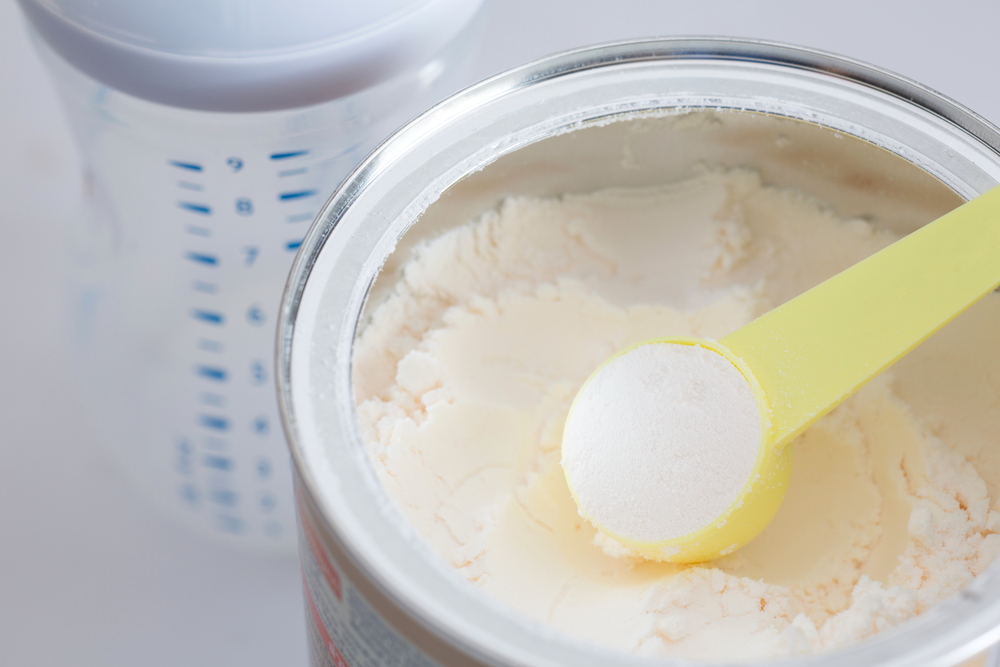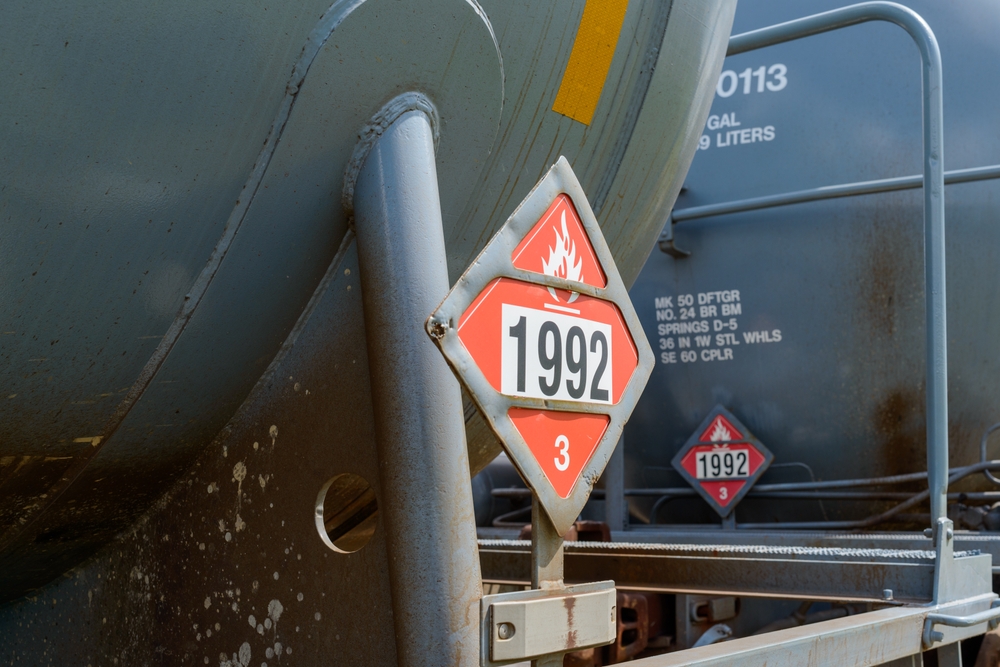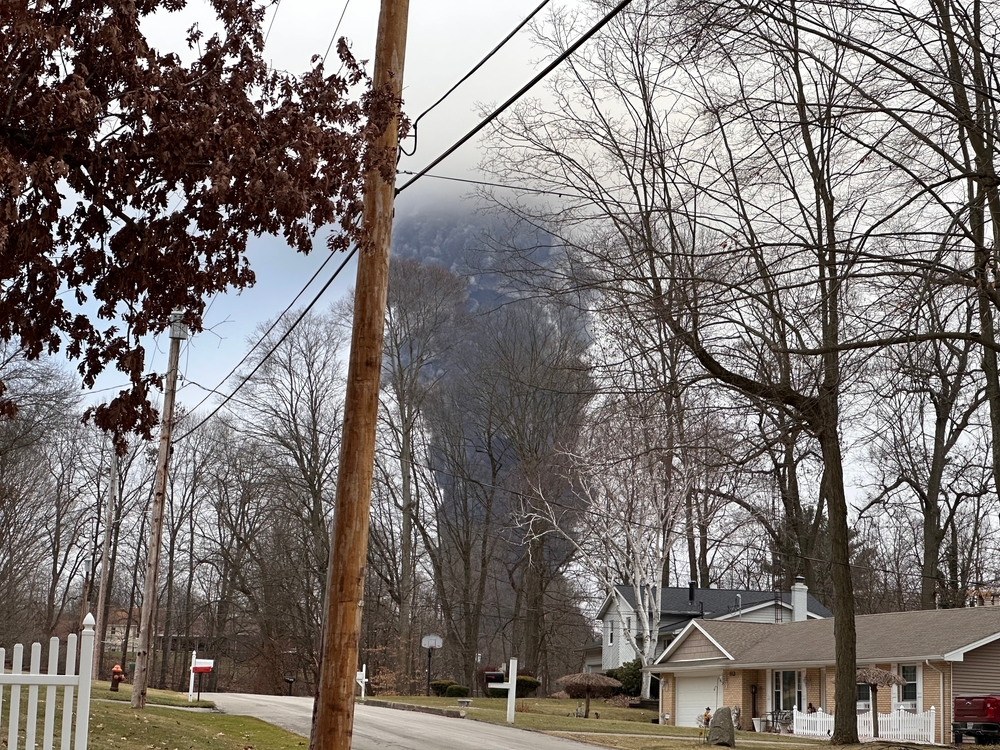As part of the preparations for having a baby, many parents discuss how their baby will be fed - breast milk, formula or a combination. This decision is wrought with reasons, including the research comparing infants raised on breastmilk to those who were formula-fed. If you decide to feed your baby formula, know there can be some risks associated with powdered infant formula. However, implementing some strategies can reduce the risk to your baby.
Cronobacter sakazakii is a bacteria that can be found in dry foods, including powdered baby formula, powdered milk, starches and herbal teas. This bacteria can cause a rare and severe infection in infants that can be fatal. Babies less than two months old, infants born prematurely and those with weakened immune systems are at greater risk of developing a Cronobacter infection. In addition to babies, those over 65 and those with compromised immune systems are susceptible.
The signs and symptoms of a Cronobacter infection can vary from person to person, age to age. For infants less than a year old, Cronobacter infections usually start with poor feeding, fever, excessive crying, or low energy. If your baby has these symptoms, seek urgent medical attention.
In babies under two months old, the bacterial infection can get into the bloodstream or cause the lining around the spinal column and brain to swell. This condition is known as meningitis. Those infants who develop meningitis may develop serious, long-lasting or life-altering conditions.
There are a few easy ways to protect your baby from Cronobacter:
- Keep your hands clean. Always wash your hands with soap and warm water for at least 20 seconds. When preparing and feeding your baby, before touching your baby’s mouth or items that go into your baby’s mouth like a pacifier, after changing your baby’s diaper or using the bathroom, ensure you’ve washed your hands. If warm water and soap are unavailable, use a hand sanitizer containing at least 60% alcohol.
- Clean, sterilize and store items like baby bottles and breast pump pieces safely.
- Consider liquid formula as an option if available when feeding your baby formula. Know that your baby’s dry formula is not sterile.
- Store and prepare powdered infant formula safely by verifying that it is not recalled or expired. Check the condition of the container.
- Ensure you follow the manufacturer’s instructions for preparing your baby’s bottle. If your baby is at higher risk of bacterial infection, use hot water while preparing their bottle. Before feeding the bottle to your infant, ensure it has cooled and isn’t too hot. You can test the bottle’s contents on your inner wrist. The liquid should feel warm but not hot. Be sure to use the prepared bottle within two hours of its preparation.
Abbott Nutrition Recall and Infant Formula Shortage
In February 2022, the FDA recalled powdered infant formula made at an Abbott Nutrition plant in Sturgis, Michigan. The recall was issued after four babies contracted Cronobacter and two infants died. The recall directly led to a widespread shortage of powdered infant formula. At this time, the Abbott plant in Michigan has resumed production of powdered infant formula.
After the recall in February, infant formula became very challenging to find. The Abbott plant is one of the largest makers of baby formula and one of the U.S.'s largest plants to provide baby formula to low-income families.
The Department of Agriculture’s supplemental nutrition program buys half the baby formula in America. Those using the Special Supplemental Nutrition Program for Women, Infants and Children (WIC) found themselves struggling to locate, pay for and feed their babies with powdered formula. One of the restrictions of this program is that those receiving the benefit are only permitted to use infant formula made by the company with the contract for their state.
After Abbott closed its production facility in February, the FDA conducted thorough inspections, which highlighted that the plant did not maintain acceptable sanitary conditions. According to the FDA inspection report, water leaks and standing water on the flooring were discovered. And workers were not wearing appropriate personal protective equipment. A series of swabs taken around the facility tested positive for the Cronobacter sakazakii bacteria. According to Abbott, the FDA has not been able to directly link the formula with the bacterial infections in the infants affected and those who died.
Experts have been predicting that a shortage of baby formula was likely to occur due to the consolidation of companies that manufacture infant formula. Four companies control 90% of the baby formula supply in the U.S., including Abbott, Gerber, Mead Johnson and Perrigo.
Notification About Powdered Formula Risks
After the Abbott recall, the Centers for Disease Control and Prevention (CDC) changed its website to warn that “powdered formula is not sterile and might have germs in it. Powdered infant formula can be contaminated in homes or in processing facilities that make it.”
The agency’s website revisions were made “to emphasize to parents and caregivers the risks associated with powdered infant formula. We also wanted to raise awareness of the different ways powdered infant formula can become contaminated, and reinforce that infants at highest risk of Cronobacter infection might benefit from receiving liquid formula, which is sterile.”
It’s important to know that as parents, you have choices to make about how you feed your baby. Understanding the potential risks involved with feeding your baby powdered formula can help you determine what feeding method is in your child's best interest.










